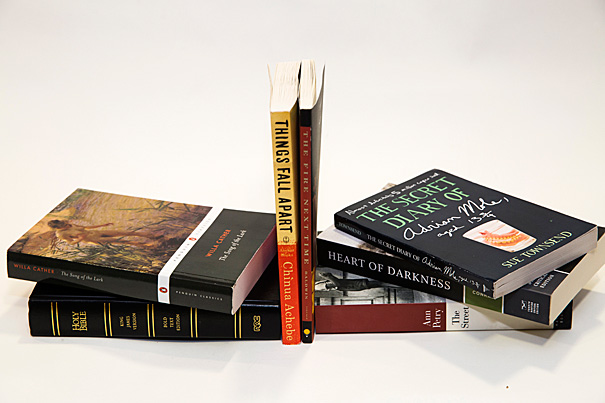Arts & Culture
-

Live fast, die young, inspire Shakespeare
Stephen Greenblatt finds a tragic strain in the life and work of Christopher Marlowe
-

Steve McQueen could lecture you, but he’s got other plans
‘I think the audience needs more, and I feel I need to give more,’ says award-winning filmmaker — presenter of this year’s Norton talks
-

Marking 100 years of Norton Lectures
Panelists reflect on ‘incredible value’ of annual series as ‘megaphone’ for artists and scholars
-
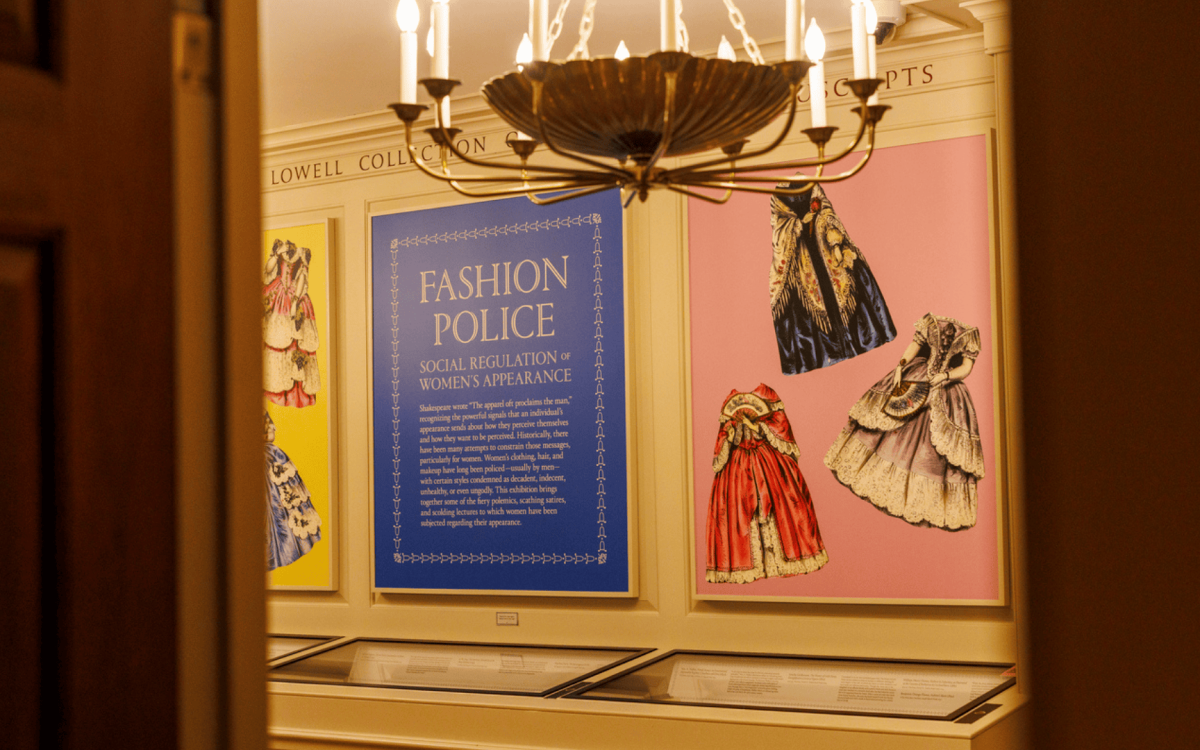
How fashion police have been walking beat for centuries
Houghton Library exhibit highlights the policing of women’s fashion since the 17th century.
-

Seeing what you see
New faculty Cécile Fromont is a visual problem solver
-
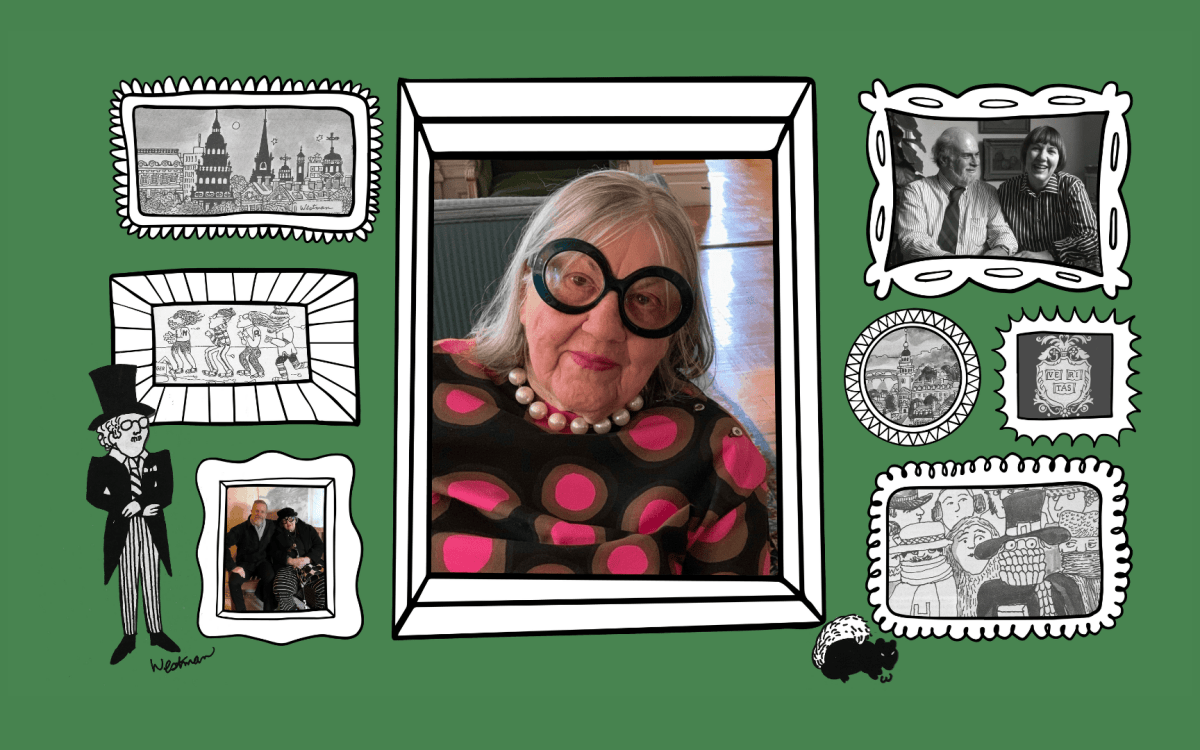
Her Cambridge iconography made her a local icon
Before New Yorker covers, Barbara Westman created colorful visions of campus as Gazette’s first staff artist
-
Barbara Klemm comes to Harvard
The distinguished German photojournalist Barbara Klemm will show her works this month in the Center for European Studies (CES) exhibit titled “West Meets East,” which commemorates the 25th anniversary of the reunification of Germany.
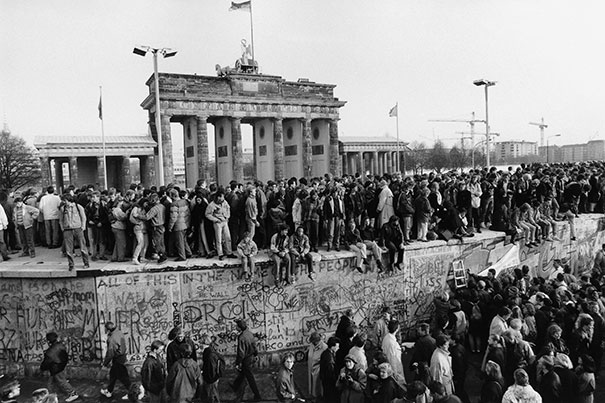
-
A cultural institution
While volumes of poetry, sadly, may not sell the way, say, a Stephen King novel does, Ifeanyi Menkiti knows firsthand that poetry’s gifts are priceless. That’s why, in 2006, he purchased the Grolier Poetry Book Shop, a historic literary enclave down an unassuming Harvard Square side street.
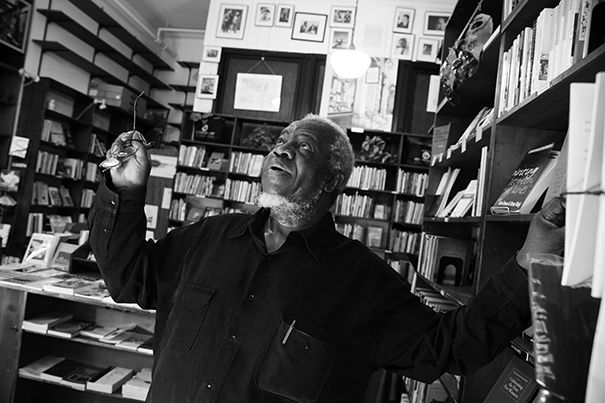
-
A miracle of preservation
HarvardX’s MOOC “The Book” uses technology to mine ancient texts and bridge the modern and the medieval.
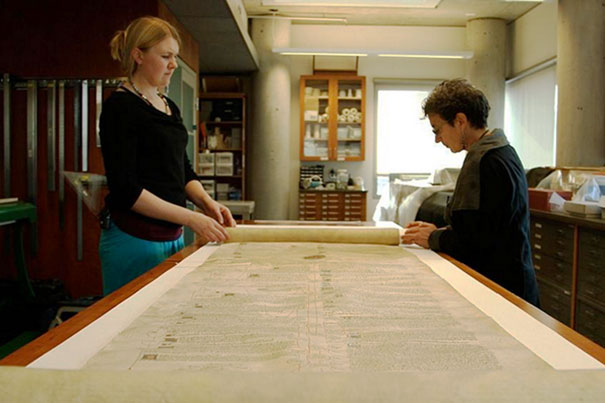
-
New arts concentration gets warm welcome
New concentration brings excitement by merging three disciplines and capitalizing on Harvard’s vast creative resources.
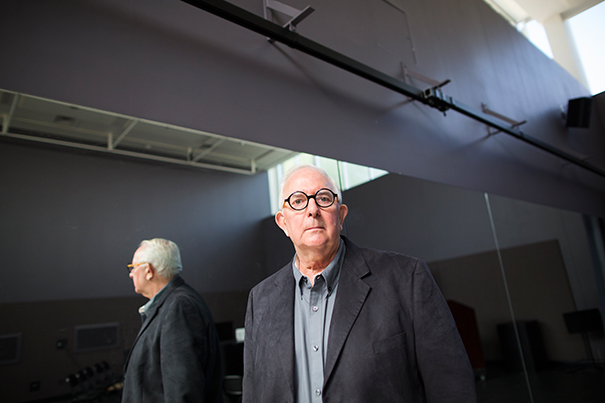
-
A childlike vision artfully refined
A new exhibit at Houghton Library spans the many pursuits of the British artist Walter Crane.
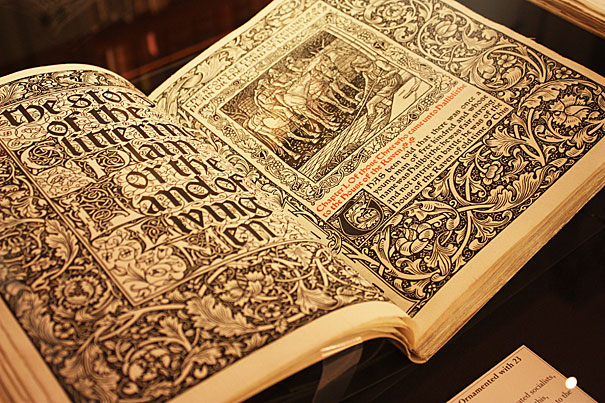
-
Testament to Manchukuo
A growing Harvard collection documents life and propaganda in the controversial, short-lived Asian state of Manchukuo.

-
History in the making
A new collection of materials donated to Harvard Library from the José María Castañé Foundation is keenly focused on major conflicts and transformative events of the 20th century, including the Russian Revolution, the two World Wars, the Spanish Civil War, and the Cold War.
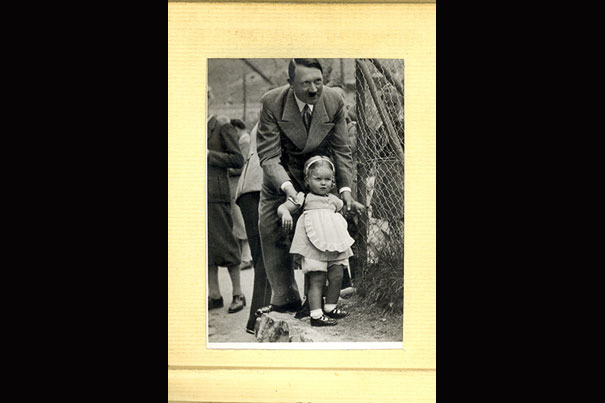
-
Images to act on
Kellie Jones, an associate professor in art history and archaeology at the Institute for Research in African American Studies at Columbia University, discussed “Civil/Rights/Act: Art and Activism in the 1960s” as part of the W.E.B. Du Bois colloquia this fall.
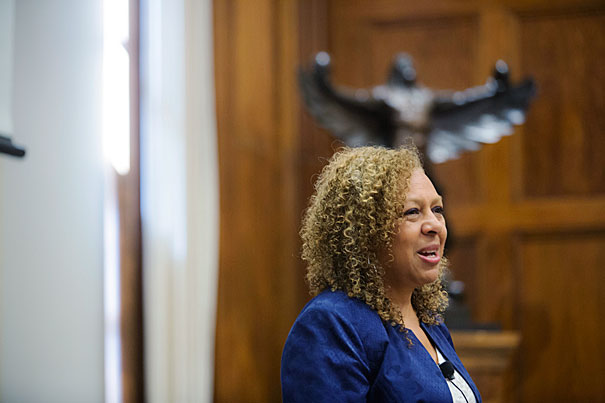
-
A wall of color, a window to the past
Curious visitors who turn left off the Harvard Art Museums’ elevators on the building’s fourth floor are greeted by the Forbes Pigment Collection, a floor-to-ceiling wall of color compiled from about 1910 to 1944 by the former director of the Fogg Museum.
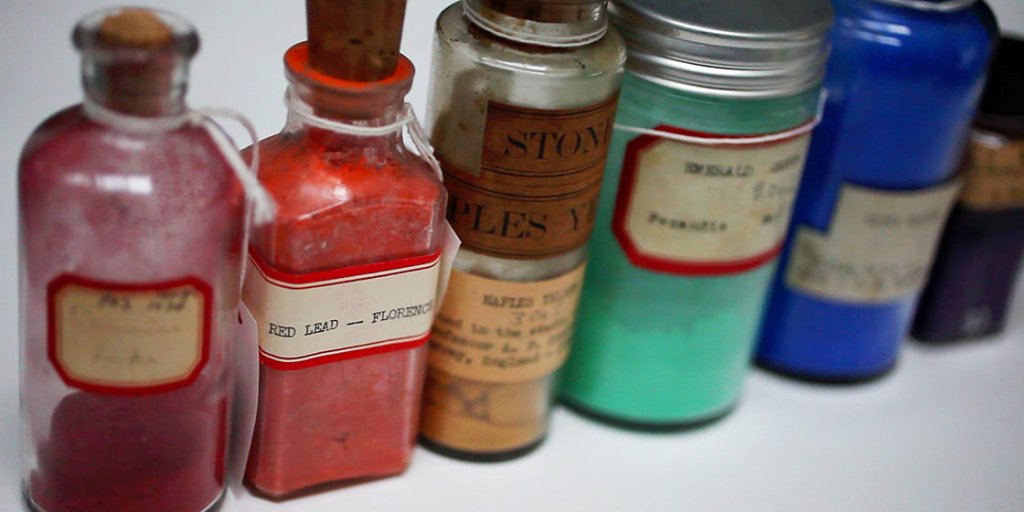
-
Out of the blue, strokes of brilliance
A phone call last month led to the acquisition of Corita Kent prints at Radcliffe’s Schlesinger Library.
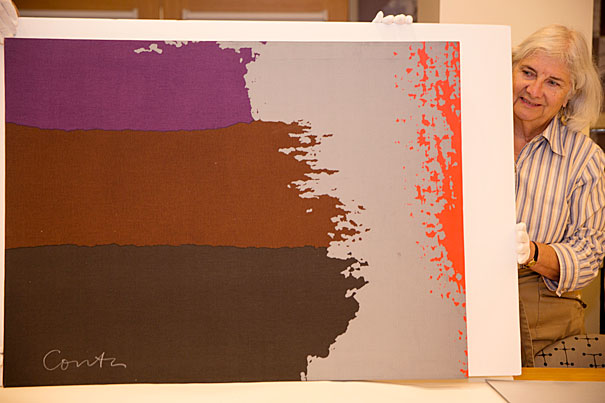
-
Weighed down
Harvard anthropologist Susan Greenhalgh’s new book, “Fat-Talk Nation: The Human Costs of America’s War on Fat,” delves deep into the national obsession with thinness.

-
Roman history, trowel by trowel
A Harvard undergrad learns by doing, digging through a Roman historical site during a summer excavation program.
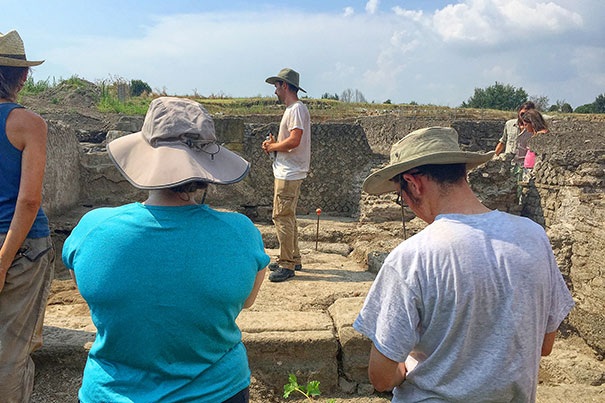
-
Haunted vision
Dave Malloy traces the inspiration for “Ghost Quartet,” set to run at Oberon Sept. 9-12, to the scary stories of his youth.
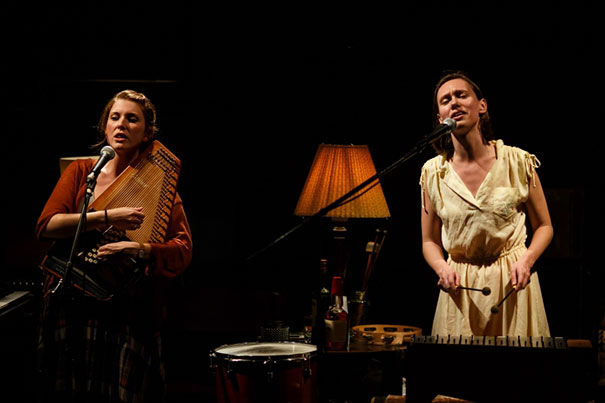
-
Housing that reflects the world
An exhibit at Harvard’s Graduate School of Design showcases, explains half a century of lessons in living around the globe.
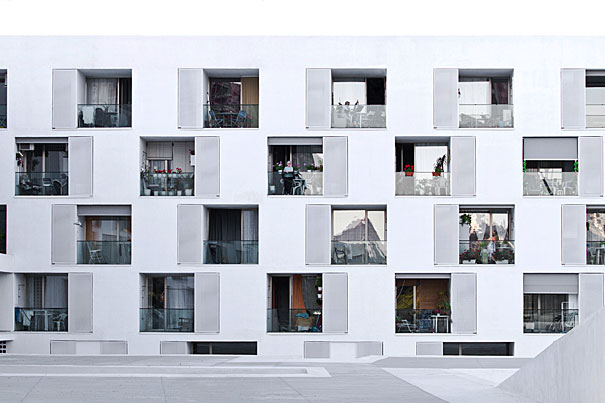
-
Life behind the pose
“Black Chronicles II,” at the Cooper Gallery, explores issues of race and identity through archival photographs from Victorian England.
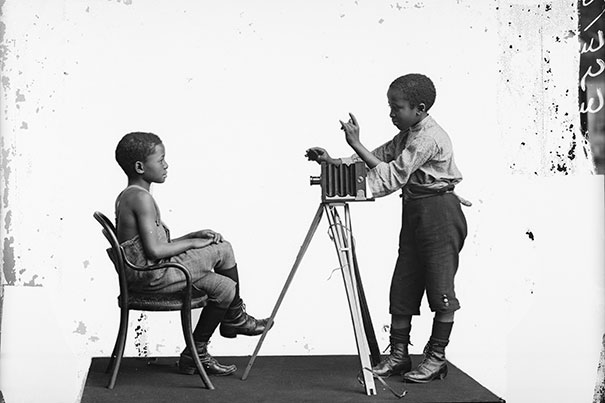
-
Putting an artist in her place
A new exhibit at the Harvard Art Museums reviews the work of pop artist and activist Corita Kent.

-
Who needs answers?
The 2015 Arts and Passion-Driven Learning Institute traced connections among inspiration, imagination, and creative work.
-
Uncovering what Thoreau uncovered
Harvard’s Houghton Library has acquired Henry David Thoreau’s notes from the scene of the shipwreck that killed social reformer and writer Margaret Fuller.
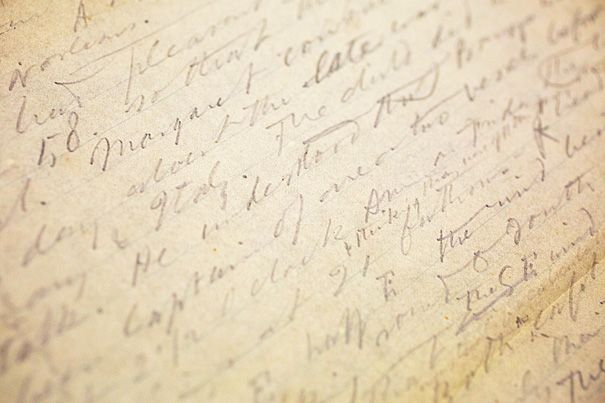
-
Writing her way back
Singer-songwriter Sara Bareilles is returning to her musical-theater roots as the composer of “Waitress,” which opens at the American Repertory Theater this weekend.
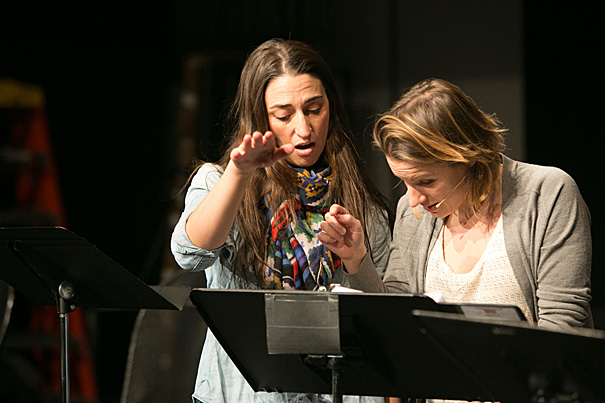
-
A Harvard homecoming for this artist
Jesse Aron Green ’02 is the first Harvard alumnus to have an exhibition at the new Harvard Art Museums. A former Quincy House resident and a Needham native, Green spoke with the Art Museums about his Harvard education and the inspiration for his work.
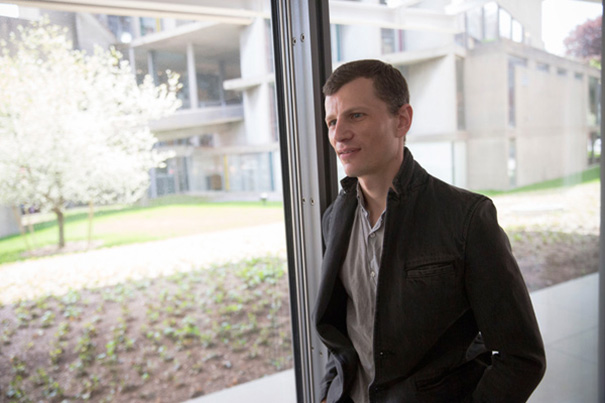
-
Bringing far nearer
Summer Summits: Notes from further afield, a new initiative at the Carpenter Center, is bringing voices in contemporary art to Harvard for a live travelogue of stories, relics, musings, and photographs from escapades near and far.

-
Sensitive art
Christina Leigh Geros’ creation for Radcliffe’s Wallach Garden is brilliantly responsive to its surroundings.
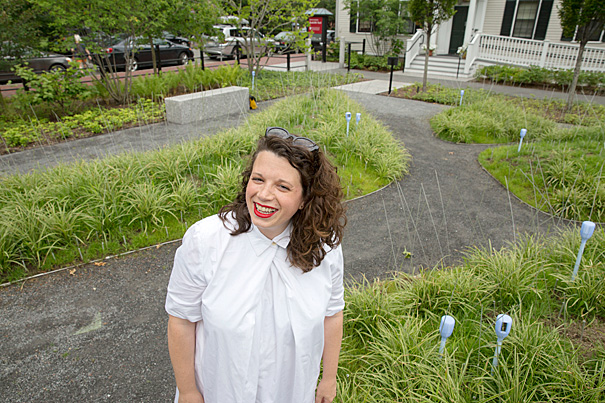
-
More than help for their hair
Schlesinger Library receives letters from African-American servicewomen grateful for hair products that eased their lives while on assignment.
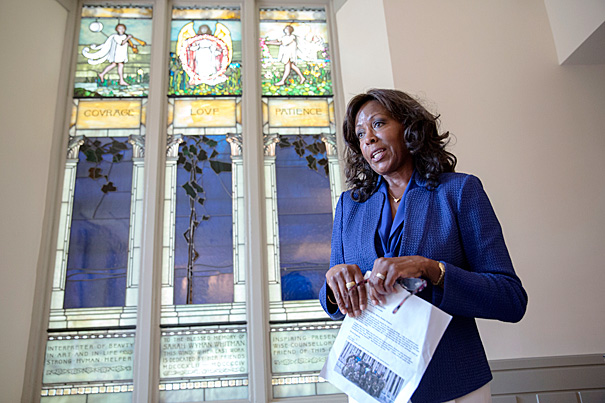
-
Vivid reminders of war
An exhibition by an Iranian artist recalls the heavy human cost of the long and brutal Iran-Iraq War.
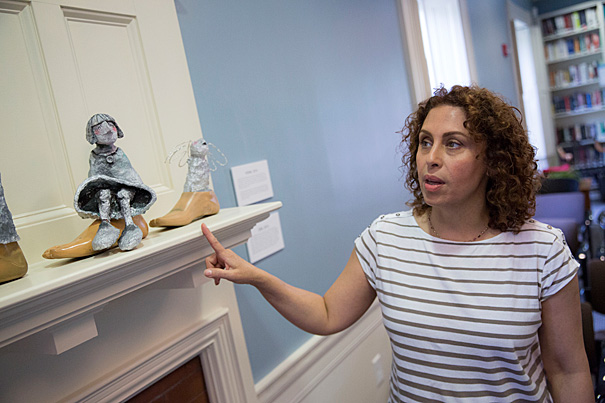
-
Complicated legacy
A Harvard Law School scholar reflects on the legacy of the 800-year-old Magna Carta.
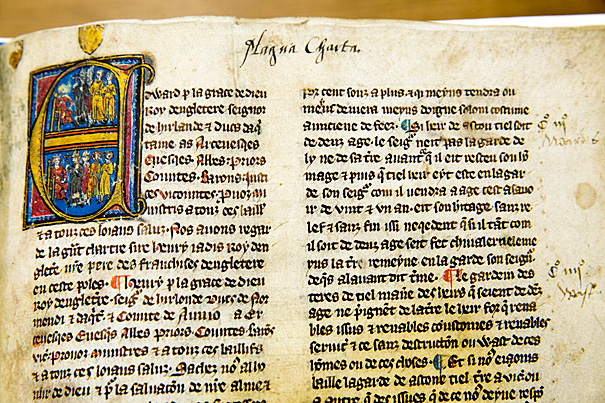
-
Compelled to create art
Unfulfilled as a lawyer, Robin Kelsey took a leap and began a career in photography and teaching. Today he leads Harvard’s Department of History of Art and Architecture.
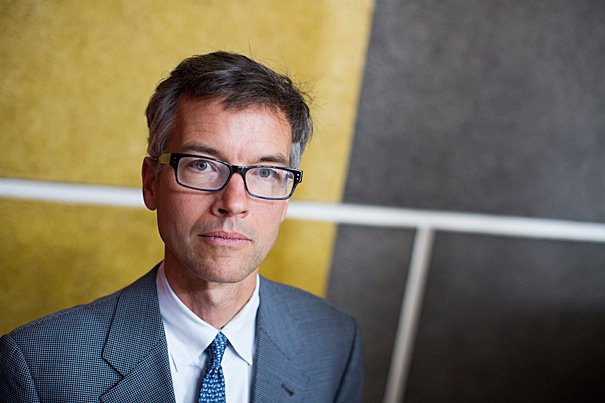
-
Seeding journalism’s future
Former New York Times executive editor Jill Abramson on coaching the next generation of journalism leaders.
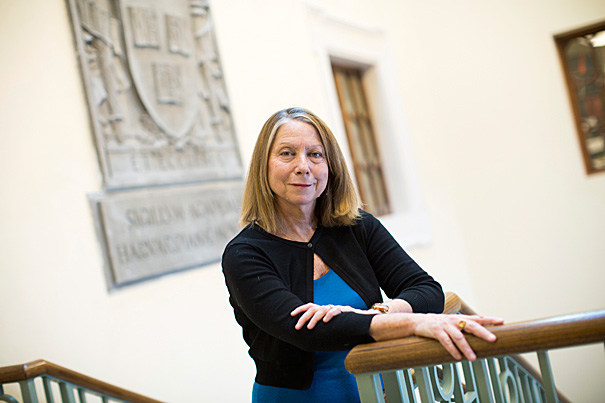
-
Karplus on film
More than 75 years after being expelled from his homeland by the Nazis, Austria-born Martin Karplus, a Harvard theoretical chemist and Nobel laureate, returned to Vienna in May in triumph — and as a film star. The mid-June American release of “Martin Karplus — The Invisible Made Visible” yet to be announced.
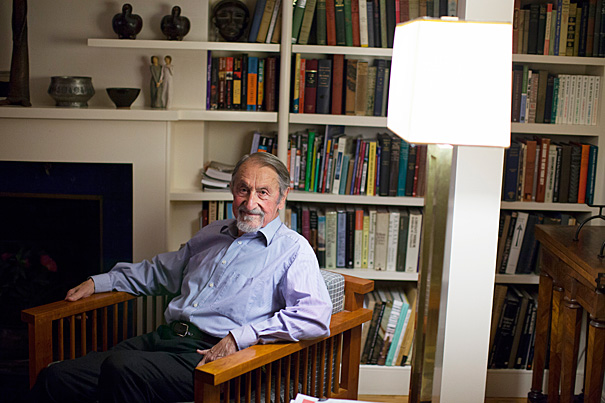
-
Seeking ethical clarity
A group of students from China, Japan, and the United States — including four from Harvard — grappled with ethical concerns in a discussion led by Anne T. and Robert M. Bass Professor of Government Michael Sandel.

-
The books that shaped them
The Gazette spoke with six faculty members about the formative books that shaped their lives and even their scholarship. From the quirky to the downright serious, their responses offer a varied and candid look at what resonates.
